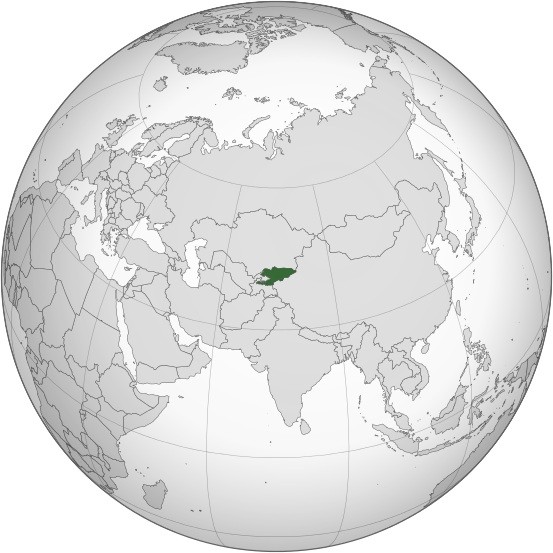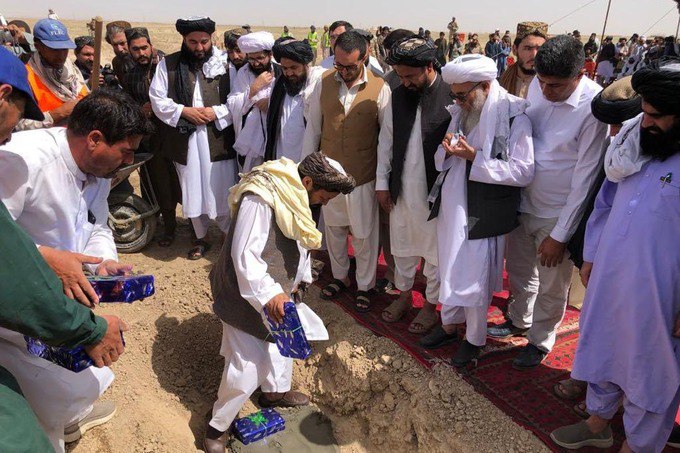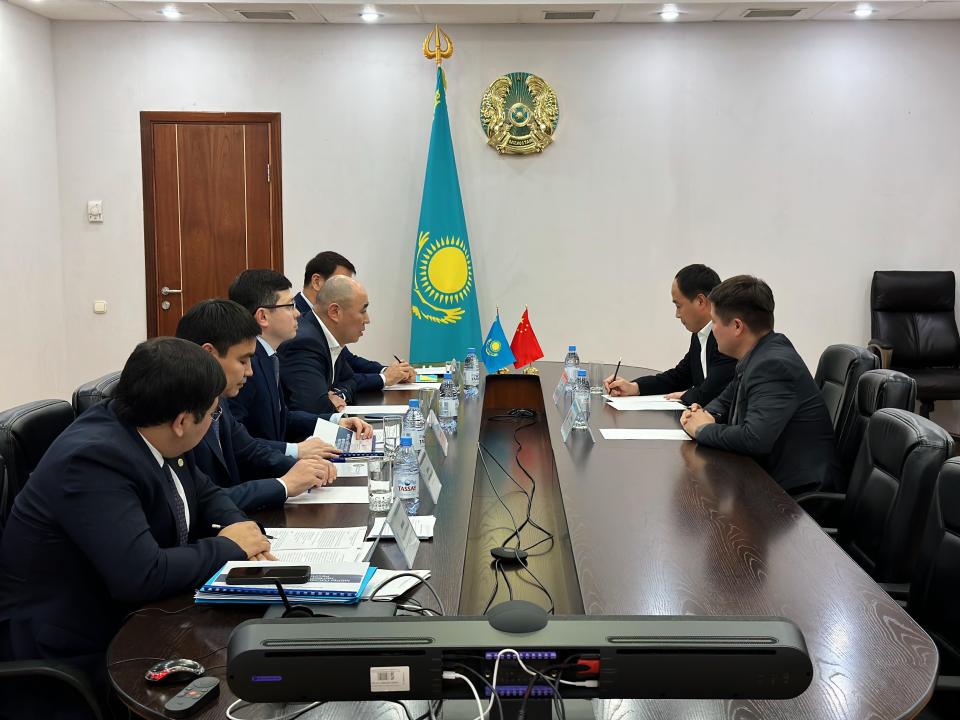BISHKEK (TCA) — Kyrgyzstan could create more jobs and reduce youth migration by attracting more investment into its agriculture, textiles, and tourism sectors, but investors will be looking for more stability, says the United Nations Conference on Trade and Development’s (UNCTAD) investment policy review of the country, presented this week.
The Investment Policy Review (IPR) of Kyrgyzstan assesses the country’s potential to attract foreign direct investment (FDI) and to diversify flows beyond the extractive sector. The report highlights location advantages, challenges as well as recent policy reforms that have contributed to shaping the country’s trade and investment regimes, UNCTAD said on its website.
Once part of the Soviet Union, the small, landlocked, and largely mountainous country sped through market reforms after 1991. But investors’ confidence in the economy was challenged following political unrest in 2005 and 2010 and a more difficult investment climate.
“Kyrgyzstan’s legal framework for foreign direct investment (FDI) is in line with good international practice, but investors don’t just look at the law, they look at how well it’s enforced,” said James Zhan, Director of UNCTAD’s Division on Investment and Enterprise, speaking ahead of the presentation of UNCTAD’s investment policy review for Kyrgyzstan.
FDI has jumped in the mining sector — which depends heavily on one, single gold mine (Kumtor) — from less than $50 million in 2005 to some $600 million in 2011. But in other sectors FDI has struggled to pass $200 million per year, sometimes dipping below $100 million, the report says.
Meanwhile, increased mining investments have not generated enough jobs to slow the growth of unemployment among its 5.8 million population. Known for its nomadic traditions and culture, Kyrgyzstan has seen its skilled workers increasingly migrate in search of work. In 2014, remittances accounted for 30% of the country’s gross domestic product.
Kyrgyzstan has strong potential for agribusiness, textiles and tourism, the report says. Its comparative advantages include the low costs of labour and electricity, mild weather, good pasture, pristine mountain landscapes, and access to large markets in the Russian Federation and Kazakhstan.
The report calls for more investment into infrastructure, noting that roads are in severe need of maintenance and that electrical grids are unreliable.









